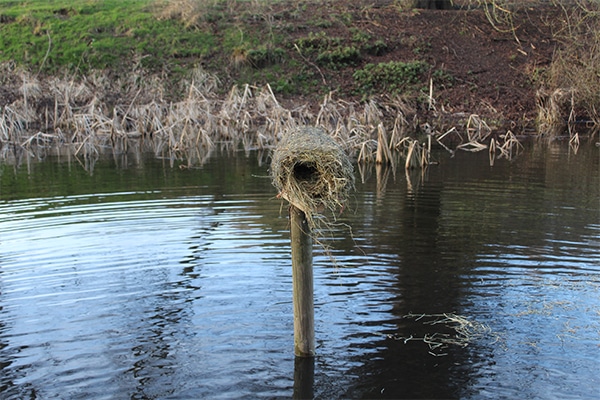
Build nest tubes to boost mallard numbers, says BASC
Citizen science will aid understanding of mallard nesting habitat preference in bid to boost numbers.
Get information on the legal shooting season for mammals and birds in the UK.
Learn about our current conservation projects and how you can get involved.
Comprehensive information and advice from our specialist firearms team.
Everything you need to know about shotgun, rifle and airgun ammunition.
Find our up-to-date information, advice and links to government resources.
Everything you need to know on firearms law and licensing.
All the latest news and advice on general licences and how they affect you.
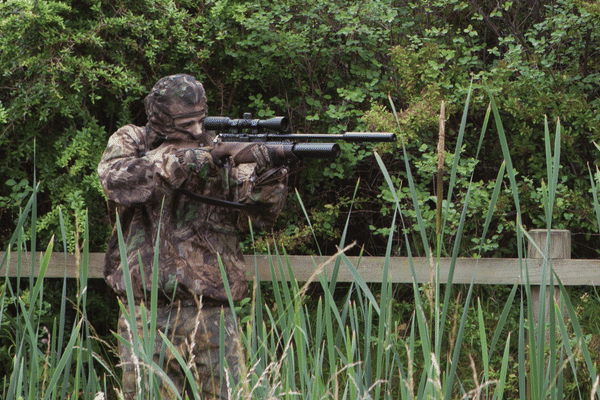
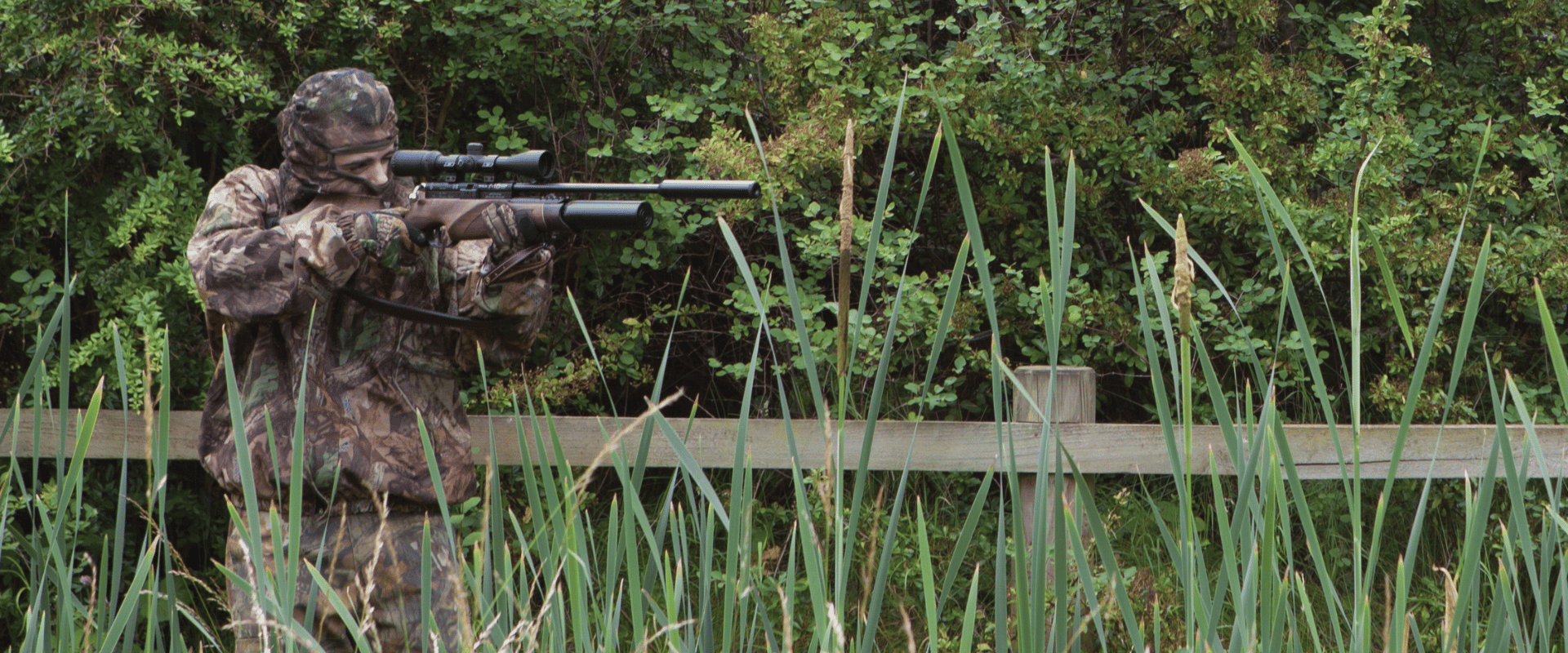
Autumn might mark the start of the game shooting season for many, but we’re fortunate to have a variety of shooting types on offer to us in the UK. Ever wondered if you might be missing out? BASC members have a wide range of opportunities available to them. This article first appeared in the September/October edition of Shooting & Conservation magazine.
Woodpigeon shooting is available all year round under the general licences. From decoying over growing crops to roost shooting during the winter, opportunities are many and varied.
You may have to do some leg work to find likely locations and get permissions but it’s worth it for some excellent shooting – they don’t call them the ‘blue grouse’ for nothing – and of course you will be doing your bit for crop protection.
If you’ve not tried pigeon shooting before, you’ll need to learn all about fieldcraft and maybe get some hide and decoying kit. There are plenty of helpful articles in past issues of this magazine and videos online to show you successful techniques, or you can sign up to a BASC Introduction to Woodpigeon Shooting course.
Shotgun coach Russ Smith runs our Introduction to Woodpigeon Shooting courses.
He says: “I am often asked why I go pigeon shooting. That’s easy: when I have watched a field being visited by the grey crop destroyer, picked a place to build my hide, set out my decoy pattern and watched the first deceived pigeon arrive over my decoys, I feel a great sense of achievement.
“Woodpigeon aren’t driven like grouse or pheasant but believe me, they are the most aerobatic and evasive quarry you will ever lift a gun to; they will test you every shot. They taste good, too!”
September is also the start of the wildfowling season, and if you have never tried it before, now could be the time to give it a go. BASC has just published the latest 2022/23 edition of the Wildfowling Permit Scheme booklet. It lists affiliated clubs around the UK that offer try-before-you-buy taster outings for those new to wildfowling or those who just want to sample foreshore shooting in a different area. The guide also explains all you need to know to get started, including guidance on the law, recommended kit and ammunition, and essential safety advice.
Novices will usually be accompanied on their flight by an experienced wildfowler from the club concerned and the outing is usually at a low nominal cost or even free. It’s not for everyone, mind you; the marsh can be a cold and pretty inhospitable place, with salt water, mud and tides to be reckoned with, usually in the gloom of dusk or dawn.
Not the place for your tweeds and best game gun, but waders and an older double-barrelled 12 bore or semi-auto will do the job.
Wildfowling is usually a lonely activity, with just one or two shooters sitting silently in their chosen spot with a dog. Nor will big bags be the order of the day. Sometimes you will be lucky to shoot anything at all. But being out hunting for your supper in a truly wild environment, watching and hearing the wildlife around you, might awaken atavistic leanings and set you on a new and rewarding path.
If you do find yourself bitten by the bug, joining a wildfowling club is essential – subs and equipment are not expensive and you will find yourself with a whole new vista of shooting and social opportunities.
BASC research has revealed what wildfowlers think about the permit scheme: 89.5% found the club they contacted helpful; 94.7% want to use the scheme again; 96.5% would recommend the scheme to others; 86% felt confident enough to go wildfowling on their own.
A very satisfied user of the permit scheme is Ian Whitehall, current chairman of the Gloucestershire Wildfowling and Conservation Association (GWCA). He said: “Until I settled down in SW England I’d led a fairly itinerant lifestyle, continually moving often nowhere near the coast. This left little opportunity to join a club and thus the BASC Wildfowling Permit Scheme became my go-to, allowing me to continue my passion for wildfowling on a regular if somewhat ad hoc basis.
“Even now after many years with my current club I still dip into the permit scheme each season to see what has been added. A few seasons ago a friend and I visited Westmorland Wildfowlers to shoot the Kent Estuary. Though the bag was small it was an unforgettable experience and an opportunity we wouldn’t have had, but for the permit scheme.
“GWCA has supported this scheme for many years and endeavours to fulfil every request we receive.”
The 2022/23 Wildfowling Permit Scheme booklet is available to download here. For more advice or to obtain a hard copy, please email wildfowling@basc.org.uk
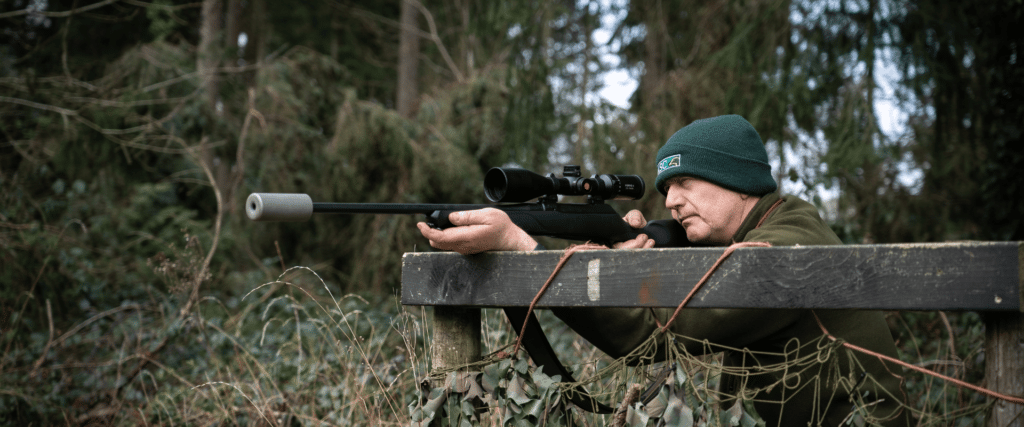
BASC’s deer stalking schemes are available to members at very reasonable cost, and you don’t necessarily need stalking experience to try them out.
The stalking schemes have been running for 20 years now. They are designed to provide opportunities for members to get out in the field and shoot a deer. The training element is an important aspect as the schemes allow members to develop their practical skills.
BASC already leads the field in training for deer stalkers – we provide more than half of all DMQ Deer Stalking Certificate Level 1 (DSC1) and Level 2s (DSC2) issued each year.
The main stalking schemes are designed to provide a vital stepping stone between the largely theoretical DSC1 and the entirely practical DSC2.
A great way to learn these skills is with an experienced guide who will help you find a deer, make sure that it is safely and humanely shot, and then show you how to follow up the animal and deal with the carcass. Many of our guides are also Approved Witnesses (AW) for the DSC2, so once you are at the required standard, they will let you know and then you can register to be assessed.
Currently we have two stalking schemes in operation that help DSC1 holders to develop their skills. These provide accompanied stalking for either roe (Hampshire) or sika (Baronscourt, NI). Both schemes are taking bookings now for the doe/hind season.. We are currently in negotiation to develop more schemes around the country, so keep your eyes peeled for other opportunities as these schemes come on stream.
Here’s what member Matthew Rawle had to say after trying out our Hampshire scheme: “I had a great outing with John and shot my first roe buck!
“Thanks very much to the BASC deer team for the opportunity, I’m dead chuffed. It’s great to have the chance to build my confidence and knowledge prior to pursuing DSC2, which I hope to do in the near future. It’s a fantastic scheme.”
Don’t forget good old air rifles, for many of us our introduction to shooting. Backyard plinking will help keep your eye in and hunting rats, rabbits, corvids or grey squirrels is another satisfying and inexpensive way to contribute to pest control.
Airgun expert and writer Mat Manning says: “Airgun shooting is affordable and accessible. You can buy a decent set-up with accuracy and power to humanely dispatch small pests for about £200, and most localities have clubs and ranges where you can practise and learn from more experienced shooters.
“Once you are up and running, there are a vast amount of exciting shooting opportunities to enjoy, with all kinds of pests offering year-round action. Woodpigeons, rabbits and grey squirrels offer challenging sport for the airgun shooter, who will be providing a useful service to the landowner while harvesting delicious wild meat for the pot, and I know several game shooters who are absolutely hooked on night vision ratting with their airguns.”
A great way to take advantage of any space in your shooting calendar is to book onto one or more of the excellent courses run by BASC. We offer courses in all types of shooting, as well as first aid, coaching and carcass butchery.
Click here for a run-down of all the courses available to members. For more specific information and dates of upcoming courses, call the training and education team on 01244 573018 (email training@basc.org.uk), or contact your country/regional office.

Citizen science will aid understanding of mallard nesting habitat preference in bid to boost numbers.
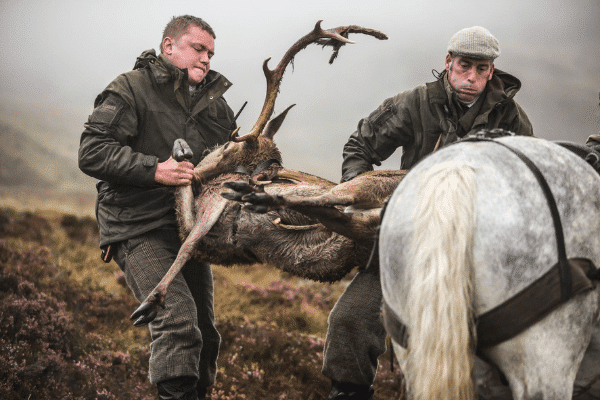
ATV’s may be quicker at getting deer off the hill, but there is still a place for the Highland pony as a key resource for stalkers.
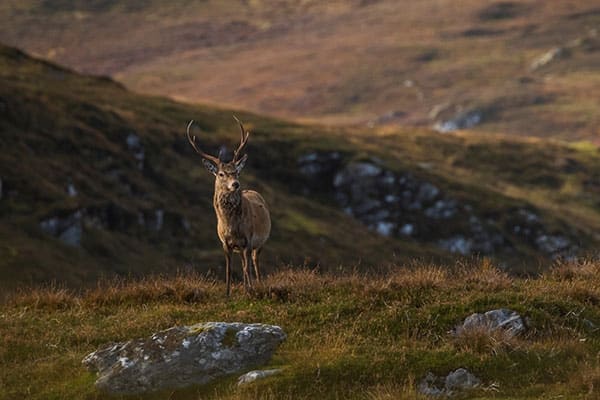
Read our open letter to the Scottish Animal Welfare Commission following the Scottish Government’s response to the deer working group project.
Sign up to our weekly newsletter and get all the latest updates straight to your inbox.
© 2023 British Association for Shooting and Conservation. Registered Office: Marford Mill, Rossett, Wrexham, LL12 0HL – Registered Society No: 28488R. BASC is a trading name of the British Association for Shooting and Conservation Limited which is authorised and regulated by the Financial Conduct Authority (FCA) under firm reference number 311937.
If you have any questions or complaints about your BASC membership insurance cover, please email us. More information about resolving complaints can be found on the FCA website or on the EU ODR platform.
This website uses cookies so that we can provide you with the best user experience possible. Cookie information is stored in your browser and performs functions such as recognising you when you return to our website and helping our team to understand which sections of the website you find most interesting and useful.
Strictly Necessary Cookie should be enabled at all times so that we can save your preferences for cookie settings.
If you disable this cookie, we will not be able to save your preferences. This means that every time you visit this website you will need to enable or disable cookies again.
This website uses Google Analytics to collect anonymous information such as the number of visitors to the site, and the most popular pages.
Keeping this cookie enabled helps us to improve our website.
Please enable Strictly Necessary Cookies first so that we can save your preferences!
More information about our Cookie Policy